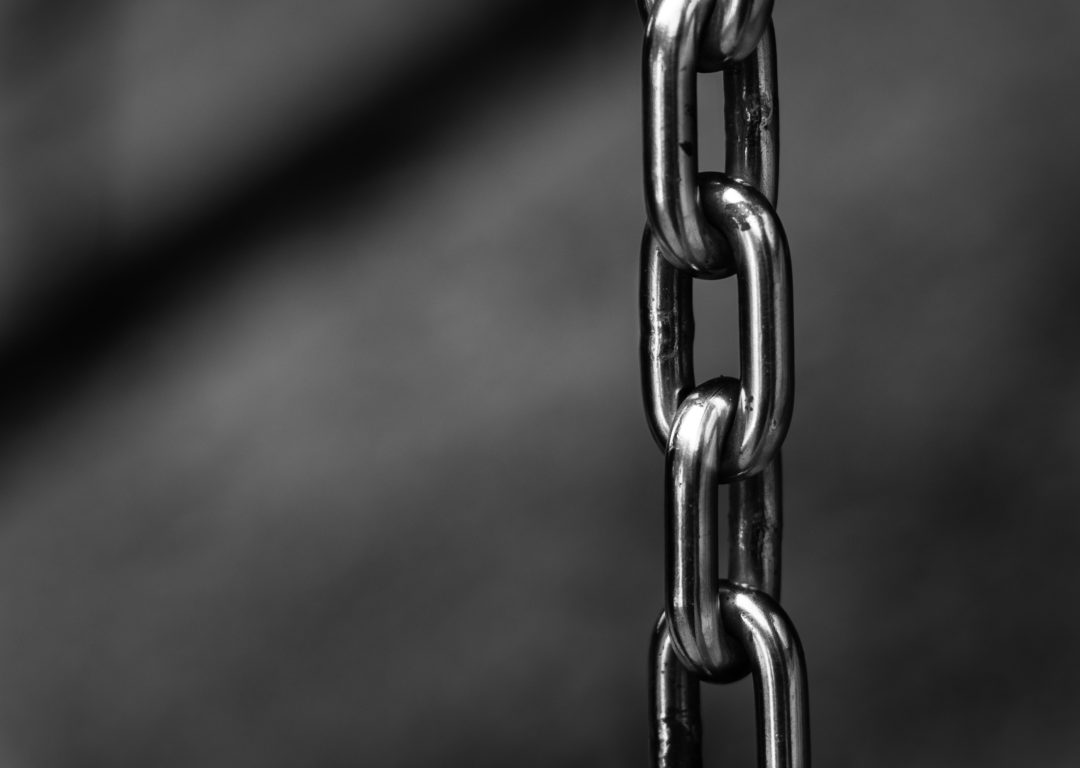I often joke that I grew up bilingual, speaking both English and Passive-Agressiva. Raised by Midwestern Lutheran parents, I learned early on how to throw shade while creating plausible deniability.
But I didn’t even know I’d learned to do this until someone called me out on it in junior high. I’ll call that person Ann. She was famous for her quick sense of humor and outspoken nature. I admired Ann’s directness, but I was also a little afraid of her. You never knew what she might say, or to whom.
Nevertheless, I went about my junior high life spewing thinly-veiled insults and feeling safe under the cover of Passive-Agressiva. That is, until another friend–I’ll call her Debbie–stopped hanging out with Ann and me. We’d been a three-person team for a while, and I missed her gentle presence.
But when I lamented Debbie’s absence, Ann just shrugged. “Debbie told me that she doesn’t want to hang out with you anymore because you’re always saying mean things about other people.”
I don’t know what was more shocking: this observation (which was completely in conflict with the way I thought about myself–as the person who never actually said mean things), or the fact that Ann made it so directly. She presented me with the facts: I had a tendency to say mean things. Debbie didn’t like this element of my personality. Ann wasn’t being judgemental; she was describing my behavior honestly.
That I remember this conversation even now, 40 years after it occurred, tells you how powerful it was to have someone call out my bad behavior. It wasn’t pleasant. I didn’t appreciate Ann’s truthfulness. In fact, I’m pretty sure I thought her tendency to confront people was a much bigger problem than mean-mouthing them behind their backs.
Still, Ann and I didn’t stop being friends. (That happened much later, in the natural winnowing process that takes place after high school.) And I did try to change my behavior, when I discovered how it made others feel.
For women in particular, calling out bad behavior is tricky. There are so many words for women who speak the truth, and we’re taught to live in terror of having them directed at us. On top of that, it isn’t always safe to speak our minds.
But when I became a professor, I had to set aside that fear. I had to learn how to call out what was unacceptable. I couldn’t just stand in front of a classroom and let my students make offensive, uninformed comments. And I couldn’t allow them to behave in ways that were openly disrespectful–to me or their classmates.
Fortunately, as I’ve said, I’m fluent in Passive-Aggressiva. So when students write that I’m a very opinionated woman or extremely outspoken in my teaching evaluations, I know exactly what they mean.
But learning how to call out bad behavior in the classroom has helped me do this outside the classroom as well. If you’re facing a situation where a confrontation feels necessary, here are some suggestions for how to proceed.
Call out the behavior, not the person.
This is the difference between saying “You’re a racist” and “That’s a racist joke.” One is directed at an individual, who may feel attacked and become defensive. The other is directed toward a choice, which feels much less threatening–that person can simply make a different joke in the future, if they’re concerned about this reaction.
Be ready to respond to deflection.
Most people are quick to respond to a call-out by deflecting with a question. Can’t you take a joke? What’s your problem? Suddenly, the issue isn’t their behavior–it’s yours.
Be prepared to respond, and do it as directly as possible: “I don’t find racism all that amusing.” Now the focus is back on the joke-teller and the question of why they do find racism amusing.
Another common type of deflection is the justification–It’s just a joke or I’m just saying what everyone else is thinking. Again, respond directly: “What I’m thinking is, that’s a racist joke.”
Move on.
Once you’ve called out the bad behavior, move along. Change the subject, turn to a different conversation partner–do whatever you need to in order to indicate that the subject is closed. You are not interested in a debate. Your goal is not to be told that you’re correct. Your only objective is to name the bad behavior, calmly and directly.
It’s possible, of course, that calling out bad behavior will lead to name-calling. It’s possible someone will choose to call you something other than extremely outspoken. And while those names may well hurt your feelings, remember that they say more about the person who chooses those words than they do about you.
Calling out bad behavior still doesn’t come naturally to me–the temptation to revert to the safe deniability of Passive-Aggressiva is always there. But I know first-hand how powerful it can be in making people reconsider their words and actions.





1 Comment
Thank you. Your words are insightful as I navigate how to address this challenge.